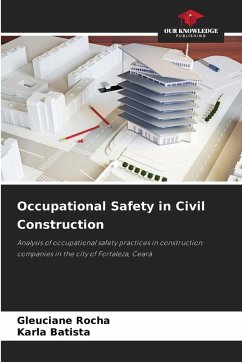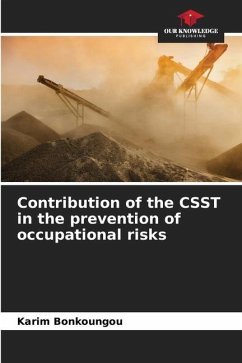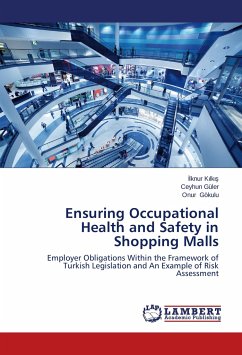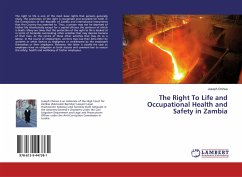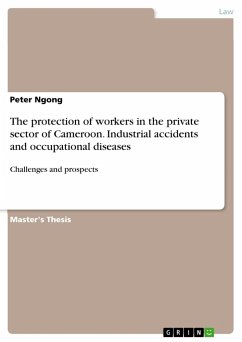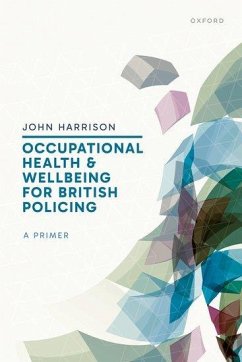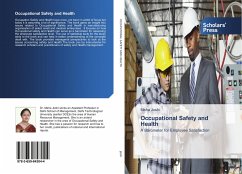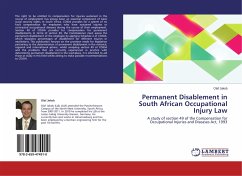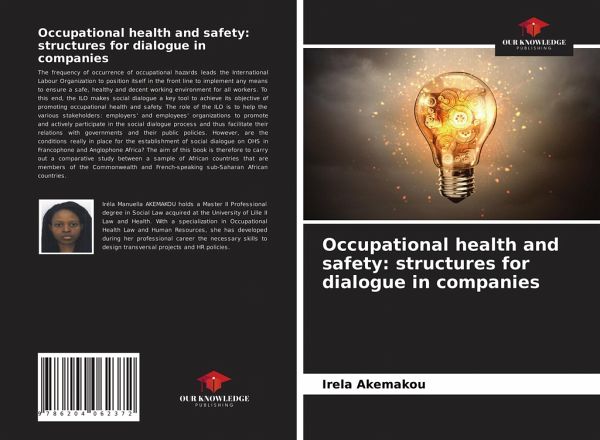
Occupational health and safety: structures for dialogue in companies
Versandkostenfrei!
Versandfertig in 6-10 Tagen
27,99 €
inkl. MwSt.

PAYBACK Punkte
14 °P sammeln!
The frequency of occurrence of occupational hazards leads the International Labour Organization to position itself in the front line to implement any means to ensure a safe, healthy and decent working environment for all workers. To this end, the ILO makes social dialogue a key tool to achieve its objective of promoting occupational health and safety. The role of the ILO is to help the various stakeholders: employers' and employees' organizations to promote and actively participate in the social dialogue process and thus facilitate their relations with governments and their public policies. Ho...
The frequency of occurrence of occupational hazards leads the International Labour Organization to position itself in the front line to implement any means to ensure a safe, healthy and decent working environment for all workers. To this end, the ILO makes social dialogue a key tool to achieve its objective of promoting occupational health and safety. The role of the ILO is to help the various stakeholders: employers' and employees' organizations to promote and actively participate in the social dialogue process and thus facilitate their relations with governments and their public policies. However, are the conditions really in place for the establishment of social dialogue on OHS in Francophone and Anglophone Africa? The aim of this book is therefore to carry out a comparative study between a sample of African countries that are members of the Commonwealth and French-speaking sub-Saharan African countries.






